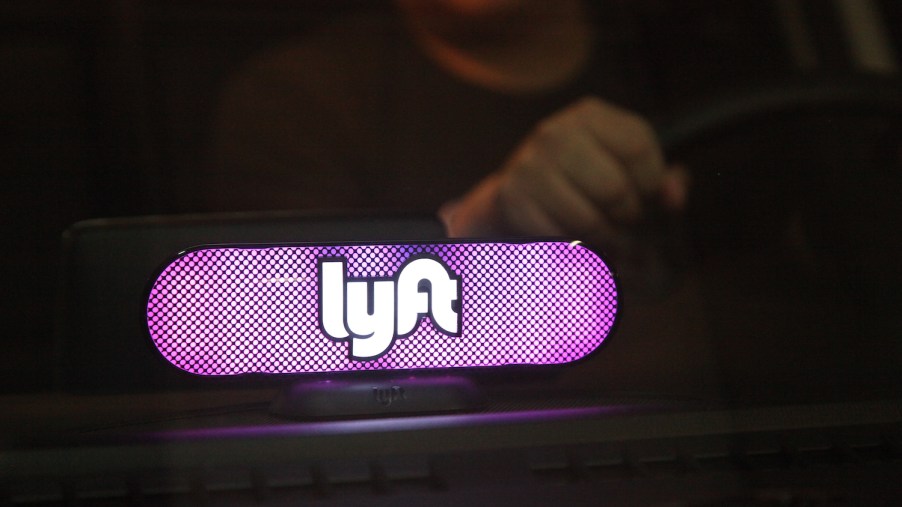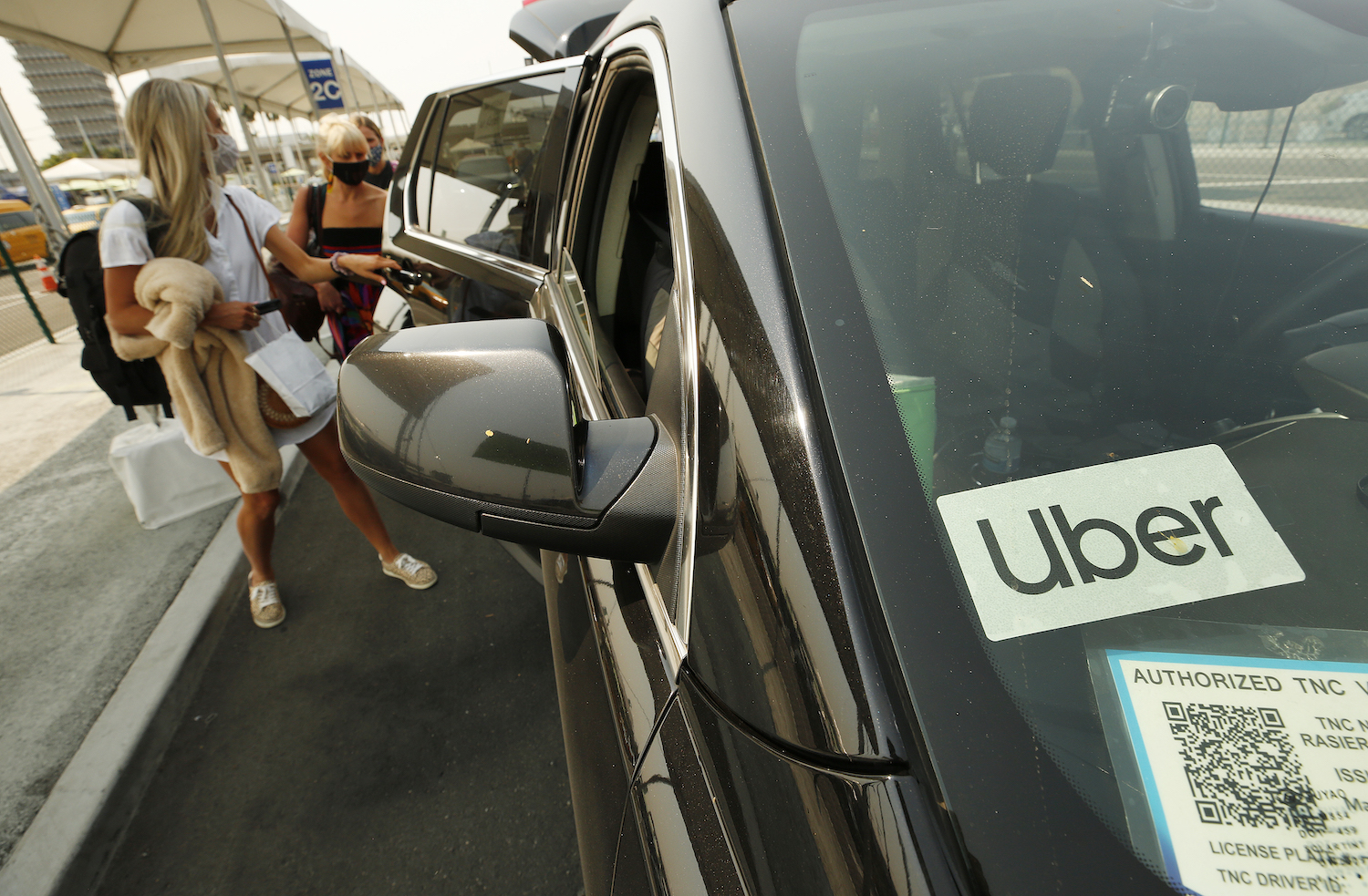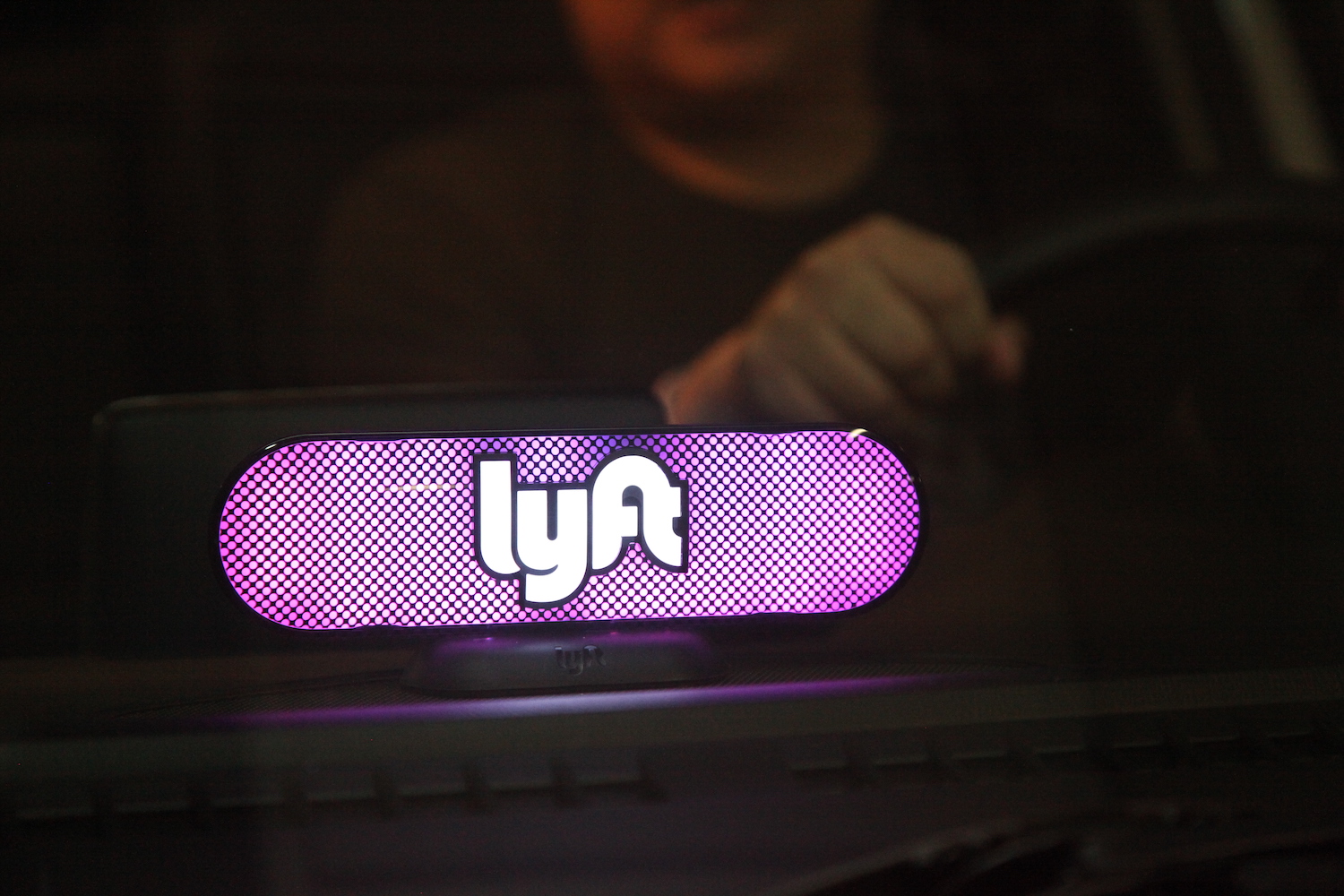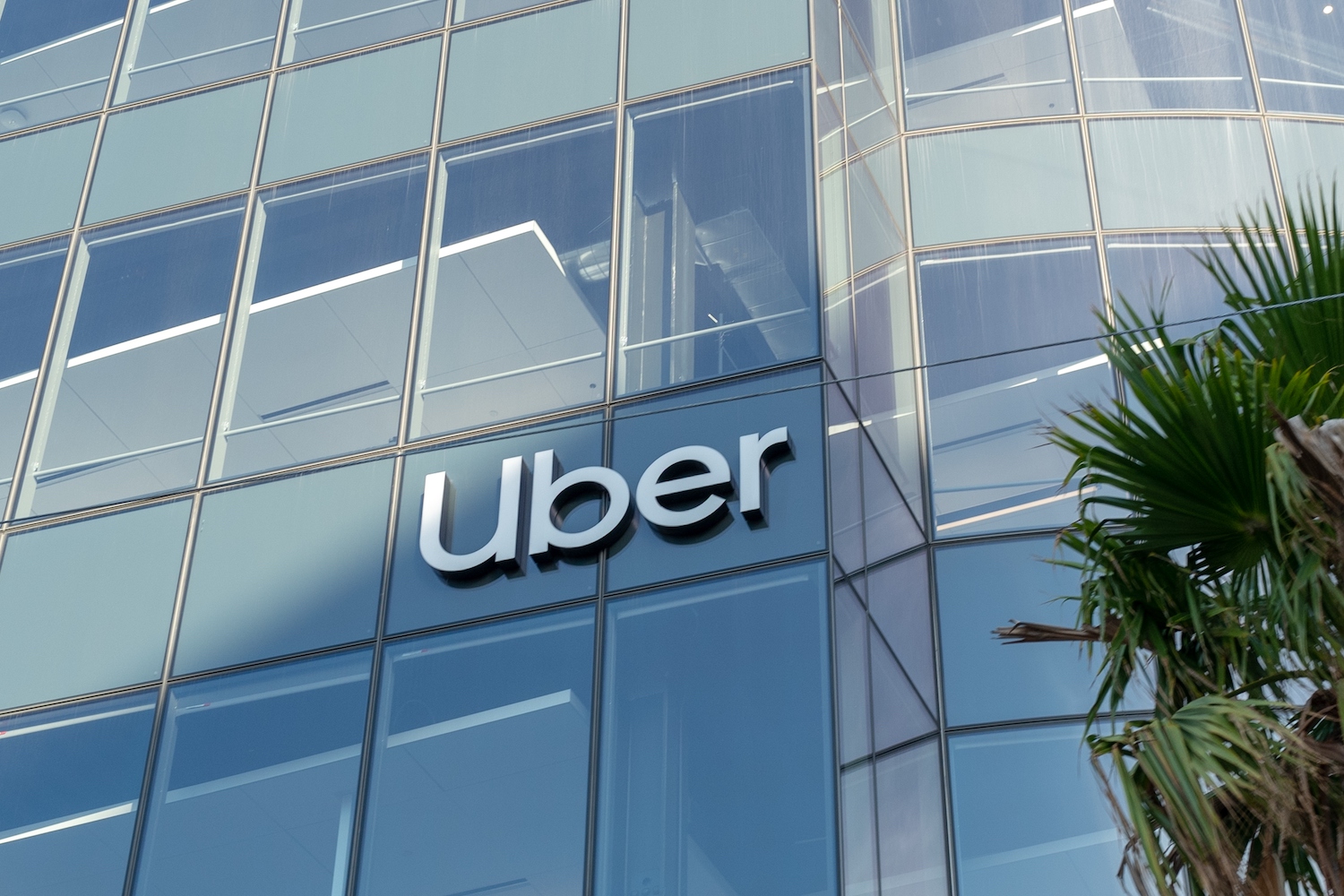
Should Uber and Lyft Share Their Lists of Drivers Blacklisted For Sexual Assault?
In recent reports, Lyft and Uber safety teams admit to knowing about thousands of sexual assaults that occurred in their rideshares. It is crucial passengers and drivers stay safe in rideshares. For this reason, both companies ban users who have assaulted others. But Lyft admits it does not automatically report these apparent felonies to the police. Uber even restricts employees from reporting themselves. What’s more, Uber does not share its list of drivers blacklisted for sexual assault with rideshare competitors. Could the system be safer?
Rideshare sexual assault by the numbers

Last year, the Uber safety team published a public report. Uber revealed it knows of roughly 6,000 sexual assaults during rideshares in 2017 and 2018. Then last week, Lyft released its own report. Lyft revealed 4,000 sexual assaults from 2017 through 2019.
Sexual assault plagues rideshare passengers and drivers alike. Operators have long known driving an Uber or Lyft can be dangerous. Uber confirms, “Drivers are victims, too.” The Uber safety team noted that drivers and passengers report severe sexual assault in equal numbers.
Both companies use a common taxonomy defining five forms of severe sexual assault. Lyft reveals that the most commonly reported severe assault was “non-consensual touching of a sexual body part.” Other forms of severe assault included non-consensual kissing and attempted non-consensual penetration.
From 2017 through 2019, Lyft received 360 reports of rape, defined as non-consensual penetration. In 2018 alone, Uber received 235 reports of rape. The people involved reported some of these sexual assaults to the companies. The police reported additional allegations. Social media clued the companies into more still.
Both Lyft and Uber safety teams ban offending drivers and riders

Both the Lyft and Uber safety divisions subject driver candidates to a background check. Having a criminal background disqualifies Lyft driver candidates and disqualifies Uber driver candidates.
Uber and Lyft report that they have enacted stricter protocols for screening drivers. Uber has turned away one million potentially dangerous drivers–according to the company.
Both companies bans drivers and riders it expects committed sexual assault. Lyft explained that an offending driver or passenger reported for such behavior is “permanently removed from the Lyft community.” They can neither drive nor ride on the app again. The only problem is that they can just switch apps and aggress again.
Potentially life-saving information, kept under wraps by Lyft and Uber safety teams

According to the Washington Post, Lyft revealed that it does not automatically share reports of sexual assault with the police. Instead, the company may open an investigation and always offers support services. And these support services include ways to contact authorities to make a report. But Lyft seeks to defer to the wishes of the person who made the report.
The Uber safety division has established a Special Investigation Unit to address the most sensitive reports. The Washington Post questioned more than twenty members of the unit. It found that the unit’s actual purpose is to resolve complaints quickly, avoiding entanglements with either the government or the media.
In addition, Uber restricts Special Investigation Unit employees from reporting possible assaults to authorities. Finally, it bans them from sharing information they gather with competitors such as Lyft.
Conclusion
Both Lyft and Uber are aware of thousands of perpetrators of sexual assault. While both companies work to make their own app safer, neither seem interested in the greater good.
It might be rash for multiple companies to compile a list of contract workers banned from employment. Workers could be placed on the list without a fair trial and no means of recourse. But in other industries, such as education, employees are mandatory reporters who must contact authorities if they think someone will cause harm. A similar system among rideshare companies could save lives down the road.
How to get help: In the U.S., call the RAINN National Sexual Assault Telephone Hotline at 1-800-656-4673 to connect with a trained staff member from a sexual assault service provider in your area.



